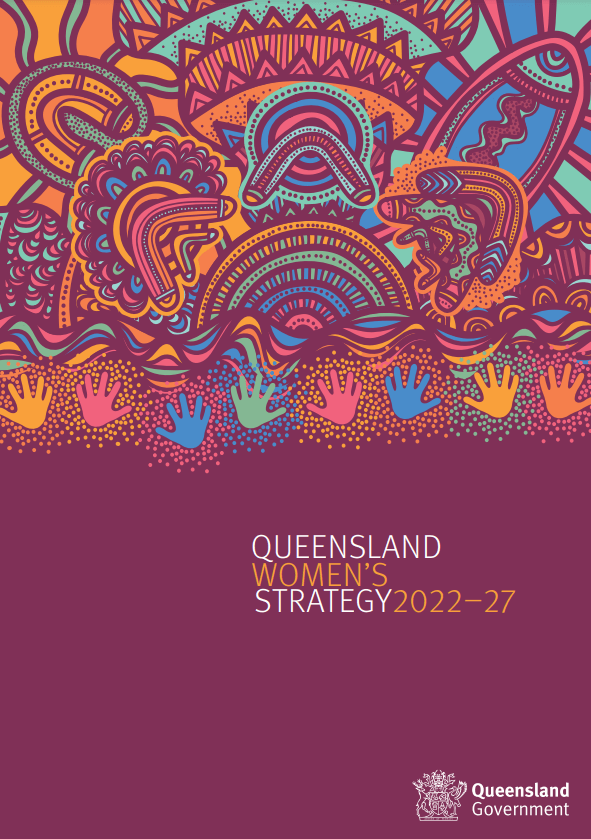Gender equality is a human right that benefits everyone. It’s good for our economy, helps prevent violence against women and girls, and makes communities safer and healthier.
Moving towards equality
We’re proud of Queensland’s history of achievements and milestones for women, but there’s still work to do to achieve gender equality. Our gender equality report cards show areas where we need to close the gaps for women.
How we rate
-
CEO’s and Directors
In 2022, Queensland had 5,629 chief executives and managing directors. Just 983 (17.5%) of these were women.
Pay equality
On average, Queensland women earn less per week than men. In 2023 men earnt $1712.50 on average, with women earning only $1441.60.
Savings
Women tend to have less superannuation than men their age. In 2023, women aged 55 to 64 had an average of $250,137, while men had $349,847.
Education
Queensland women on average achieve a higher education level than men. Women are more likely to complete Year 12 and to go on to university.
Women and men profiles
Our online tool can help you learn more about the differences for women and men in Queensland.
You can use it to compare statistics across a range of areas like employment, income, health, housing and education.
Vision for the future
We asked people to tell us their ideas to help women and girls. Here’s what they said.
The Queensland of the future will be a place where:
- women and girls enjoy the same rights and chances to do things as men
- women and girls feel safe, valued and able to succeed
- people notice and celebrate women when they contribute to the community and achieve something good.
This vision informed our strategy for improving gender equality in Queensland.
Watch this video to hear Queensland women and girls share their vision for the future.
Our strategy for women
The Queensland Government is investing in women to improve their lives and create stronger communities. The Queensland Women’s Strategy 2022–27 sets out our 5-year plan. There’ll be changes for women in 5 areas – we call these impact areas.
Economic security
Women and girls will have a place to live and enough money to buy the things they need. They can learn new skills or do training to get better jobs and earn better pay and superannuation. Economic security is our main priority because it provides a solid basis for equality.
Safety, health and wellbeing
Women and girls will be safe and healthy. They’ll get the help and support they need to connect to their community, be active and get the health care they need. Better laws and rules will protect women at home, work, and in community.
First Nations women
First Nations women will thrive and be heard. They’ll be able to share their strengths and ideas and connect with their culture. We’ll listen to them and use their ideas so they can have better health, jobs and support.
Women with diverse backgrounds and experiences
Women and girls with diverse backgrounds and experiences are an important part of our community. They'll be heard, feel safe and have the same chances as everyone else. We’ll use their ideas in laws and programs that relate to them.
This includes women who:
- came from another country
- speak English as a second language
- live in rural and remote places
- live with disability
- are older
- identify as LGBTIQ+
- are experiencing poverty.
Empowerment and recognition
People will celebrate women and their achievements. Hearing their stories will inspire other women. We’ll empower and support them so they can be leaders in every aspect of life. They’ll be able to speak up, share their opinions and influence big decisions that affect everyone.
Your part in gender equality
Everyone has a part to play in achieving gender equality, including:
- individuals
- community groups
- business and industry
- governments.
Find out what you can do to help change Queensland.
Related stories
-
Our strategy artwork
See how our strategy artwork represents the needs of Queensland women.
-
Women's voices
We support the Wiyi Yani U Thangani (Women's Voices) report 2020, which set out the collective rights, needs and aspirations of Aboriginal and Torres Strait Islander women and girls across Australia.
Last updated: March 2024